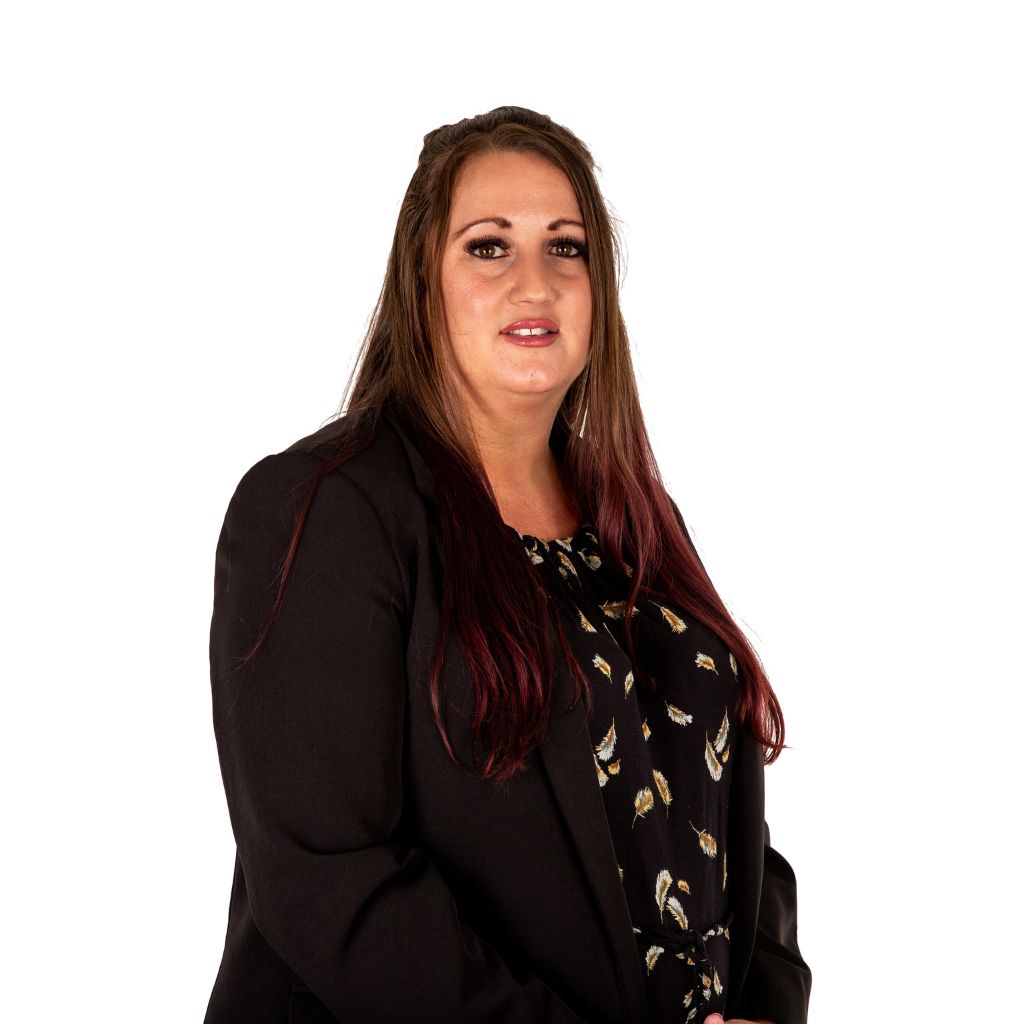Are you a small business in the UK? Understanding business tax as a small business may seem complex, but it doesn’t need to be. To learn more about different types of business tax, when they’re due, and potential deductible expenses for your small business, continue reading our guide to business tax.
What is Business Tax?
Business tax is a type of tax that businesses pay in the UK as part of their operations. Whether you’re a private limited company, corporation, sole proprietor, self-employed, or small business, you must stay in line with business tax rules set by the government.
Ensuring your business’s financial affairs are in order is key. However, we understand how difficult managing business taxes can be, especially as a small business.
What is Considered a Small Business in the UK?
A business is considered ‘small’ if they have:
- Less than 50 employees
- Less than £10 million annual turnover or balance sheet total
According to Finder, there are roughly 5.5 million SMEs (Small and Medium-sized Enterprises) in the UK, and the average turnover for a small business is £334,800.
Different Types of Small Businesses
Different types of small businesses operate in the UK, with sole traders, partnerships, and limited companies being some of the most common.
1 – Sole Trader
As a sole trader, you own and operate your own small business. Operating as a sole trader is common, and the structure of the business is relatively simple compared to others. As a sole trader, you make all business decisions and have full financial control of your business.
2 – Partnerships
A partnership is owned by more than one person, who all share responsibility for the small business. Partners share any profit made from the business, and each individual will pay tax on their share.
3 – Limited Company
A limited company works differently from other common small businesses, as it operates as a separate legal entity from its owners (shareholders). All limited companies must register with Companies House and pay certain taxes that individuals like sole traders don’t, such as Corporation Tax.
Do All Small Businesses Have to Pay Taxes?
Do small businesses have to pay taxes? Yes, all small businesses will likely have to pay some form of tax. However, if your business makes little to no profit within the tax year, you may not need to pay any tax, although you’ll still be required to report any earnings to HMRC.
What Taxes do Small Businesses Pay?
The different types of business taxes that you’ll be required to pay as a small business depend on several factors, such as your business structure, annual turnover amount, and number of employees. Common types of tax for small businesses are as follows.
Income Tax
If you’re a sole trader or self-employed operating as a partnership, you must pay Income Tax on profit, but only if your profits exceed your personal allowance of £12,570 for the current tax year. The amount of Income Tax you pay depends on HMRC Income Tax rates:
- Taxable income between £12,571 to £50,270 – 20% tax rate
- Taxable income between £50,271 to £125,140 – 40% tax rate
- Taxable income over £125,140 – 45% tax rate
If you need to pay Income Tax, you must register for Self Assessment by the 5th of October. Income Tax for small businesses is due to be paid on the 31st of January (for your previous tax year). There are several methods to pay Income Tax to HMRC, such as Direct Debit, online payment, or over the phone.
National Insurance
All small businesses must pay National Insurance contributions. National Insurance will be deducted differently depending on whether you have employees or work as self-employed:
- Employees – Automatically through payroll (on wages above the £5,000 annual threshold)
- Self-Employed – Manually through Self Assessment tax return (based on your profits according to National Insurance rates and thresholds)
In conclusion, the amount of National Insurance your small business pays depends on whether you employ staff members or operate as self-employed, and your earnings.
VAT
Your small business must register for VAT depending on your taxable turnover:
- Taxable turnover is over £90,000 – Required to register
- Taxable turnover is below £90,000 – Not required to register (but can voluntarily)
VAT for small businesses is due to be paid one calendar month and seven days after the end of your VAT accounting period. There are several methods to pay VAT to HMRC, such as Direct Debit, online payment, or over the phone.
Corporation Tax
Small businesses that operate as a limited company must pay Corporation Tax on their profits. The amount of Corporation Tax you pay depends on HMRC Corporation Tax rates:
- Under £50,000 – 19% tax rate
- Over £250,000 – 25% tax rate
You must register for Corporation Tax within three months of trading, although most small businesses do so on the day of registering as a limited company.
Corporation Tax for small businesses is due to be paid nine months and one day after the end of your accounting period by submitting a CT600 form. There are several methods to pay Corporation Tax to HMRC, such as Direct Debit, online payment, or over the phone.
Business Rates
If your small business operates from a property, such as an office building or local shop, you’ll likely be charged business rates based on the property’s rateable value. However, it’s possible to get small business rate relief if:
- Your work property has a rateable value of less than £15,000
- Your business uses one property
Paying business rates is somewhat similar to paying council tax – but the two remain separate payments. You may also be charged business rates even if you work from home but have employees, sell goods or services, or convert a space within your property for work purposes.
Business rates bills are sent out just before the start of the financial year, and payments are typically made in monthly instalments, starting from April. Explore business rates for UK businesses to learn more.
How Much do Small Businesses Pay in Taxes?
As discussed, the amount of tax a small business is required to pay primarily depends on how they operate as a business (sole trader, partnership, limited company, etc), turnover, employment, and profits made per tax year.
Tax Deductions for Small Businesses to Claim
Small businesses in the UK can claim a variety of tax deductions (commonly known as allowable expenses). Tax deductions help reduce taxable profit to benefit your tax bill. Common tax deductions for small businesses include:
- Office costs
- Premises costs
- Employee costs
- Supplies
- Vehicle expenses (for work-related journeys)
- Professional fees (such as paying accountants)
- Marketing
It’s important to note that allowable expenses must be exclusively for business use.
Recap: Tax Deadlines for Small Businesses
Let’s recap tax deadlines for small businesses in the UK:
- Income Tax – 31st of January
- National Insurance – Monthly through payroll as an employer or employee, or annually through a tax return if you’re self-employed
- VAT – One calendar month and seven days after the end of your VAT accounting period
- Corporation Tax – Nine months and one day after the end of your accounting period
- Business Rates – Every month in instalments, starting from April
Keeping up to date with tax payment deadlines as a small business is essential. Otherwise, you may be issued penalties and fines by HMRC.
Is it Hard to Calculate Business Taxes?
Yes, it can be hard to calculate business taxes and stay on top of payment deadlines. Understanding the taxation process is key when you own a business, regardless of its size. To avoid issues with HMRC, many rely on the expertise of a small business accountant.
Working with an accountant means you can stay on top of other important workloads, with more free time to ensure the success of your small business. Accountants can calculate business taxes and remain on top of strict deadlines.
Stay on Top of Business Tax at LJS Accounting Services
At LJS Accounting Services, we have a team of trusted and highly experienced accountants to operate as your guide to business tax. If you own a small business, we can help you.
Don’t struggle with business taxes alone – allow our dedicated team to step in and handle the more tedious, financial side of running a small business, such as managing your personal tax if you work as self-employed. We offer tailored accounting services suitable for a range of business types, including new start-ups seeking assistance.
Contact our friendly team today to discuss our wide range of services. We look forward to hearing from you!

Keli Evans, Director at LJS Accounting Services, excels in taxation and statutory accounts. With a focus on strong client relationships, she leads a diverse portfolio, overseeing vital financial aspects like VAT, payroll, pensions, and taxation with a holistic and committed approach.







